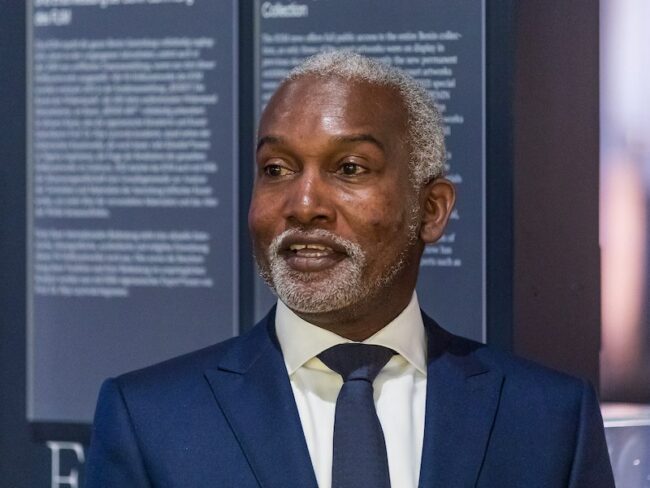Nigeria Secures Regional Support For United Nations Security Council Bid.
Nigeria has gained strong backing from several West African nations in its bid for a permanent seat on the United Nations Security Council (UNSC), following a successful shuttle diplomacy mission led by the Minister of Foreign Affairs, Ambassador Yusuf Tuggar.
In a press briefing held on Thursday, Tuggar shared insights from his recent visits to Togo, Guinea Bissau, Gambia, and Côte d’Ivoire. Leaders in each nation expressed their support, acknowledging Nigeria’s qualifications to represent the African continent at a global level.
“Everywhere we went, we had the opportunity to discuss and solicit support for Nigeria’s intention to become a permanent member of the United Nations Security Council,” Tuggar stated. “All the countries we visited affirmed there is no other nation better suited to speak on behalf of Africa.”
Tuggar underscored the importance of securing a permanent seat for Africa on the UNSC, highlighting that 68 per cent of Security Council decisions involve Africa, yet the continent remains unrepresented in its permanent membership. He emphasised that Nigeria’s inclusion would benefit not only the nation but also Africa and the global community.
Adding momentum to Nigeria’s campaign, the United States recently endorsed Africa’s right to permanent UNSC seats. Tuggar remarked that President Bola Ahmed Tinubu’s administration is prepared to vigorously pursue Nigeria’s bid, buoyed by increasing support from international partners.
The United Nations Security Council currently comprises 15 seats, with five permanent members—China, France, Russia, the United Kingdom, and the United States—and ten rotating, non-permanent members, including Algeria, Mozambique, and Sierra Leone.
Tuggar’s diplomatic engagements also included rallying support for Femi Elias’s candidacy for the International Court of Justice. He reported unanimous support for Nigeria’s nominee, highlighting the value of regional collaboration in advancing Nigeria’s international ambitions.
Beyond the UNSC bid, economic partnerships were a major focus during the minister’s discussions. In Togo, for instance, talks centred on investment opportunities in Nigeria’s fertiliser industry, drawing on Togo’s phosphate reserves. “Togo is rich in mineral resources, particularly phosphate,” Tuggar explained. “We discussed possibilities in fertiliser production and how we could collaborate.”
In Guinea Bissau, Tuggar reaffirmed Nigeria’s commitment to regional peace, acknowledging the longstanding presence of Nigerian troops in stabilising the country. “Our soldiers have been instrumental in maintaining peace in the region,” he noted, pledging Nigeria’s continued support as a mediator.
In Gambia, Nigeria’s contributions to the judiciary system were spotlighted, with Tuggar noting Nigeria’s historic role in helping establish Gambia’s judiciary. He also highlighted Nigeria’s ongoing educational support through the Technical Aid Corps.
Côte d’Ivoire emerged as a focal point for economic discussions, particularly regarding the Abidjan-Lagos transport corridor. Tuggar noted the strategic importance of this trade route and explored potential agricultural partnerships, especially in cashew production. “Côte d’Ivoire is the world’s leading producer of cashews, and they are willing to share their expertise with us,” he shared.
Ambassador Tuggar’s regional tour has paved the way for ongoing dialogue and collaboration. He confirmed that Nigeria plans to continue its diplomatic outreach, with future engagements already on the agenda.



